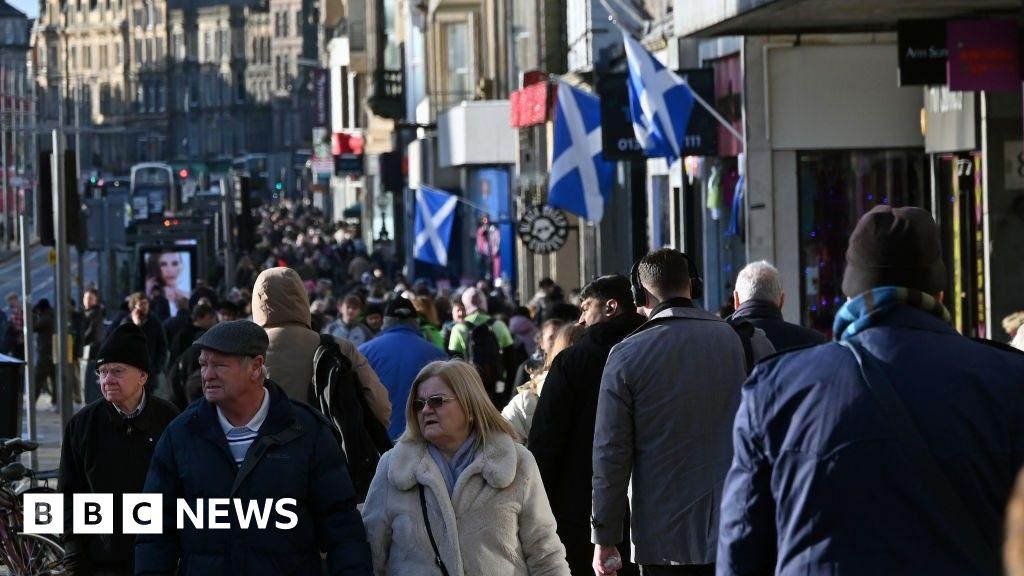Scotland’s finance secretary Shona Robison has announced spending cuts of £500m in the current financial year, with spending on sustainable and active travel badly hit.
The SNP Government said it will cut £23.7m of savings from its active and sustainable travel budget, ‘in part to fund the extension to the peak fares removal pilot to the end of September 2024’.
The news comes on top of wider cutbacks to active travel plans.
Under the 2021 Bute House Agreement between the Scottish Government and its former partners in the Scottish Greens, ministers committed to increase the proportion of Transport Scotland’s budget spent on active travel to at least £320m or 10% by 2024-25.
In fact, the Government only allocated £220m in November, while Cycling UK highlighted reports that suggest £83m of the active travel budget hasn’t been allocated/distributed.
This means the actual spend could be as low as approximately £113m for this financial year.
Ms Robison (pictured) said: ‘This Government has consistently warned of the significance of the financial challenge ahead. In the face of these challenges, the Scottish Government has stepped in to support people and services where it has been needed most: on social security, health and public services. But we have done so without equivalent action from the UK Government, which has repeatedly failed to properly review the adequacy of funding settlements.’
The full extent of the financial situation will become clearer after UK chancellor Rachel Reeves makes her October Budget statement.
Scott Runciman, Scotland advocacy lead at Cycling UK, said: ‘The decision from the Scottish Government to further weaken funding for cycling and walking is bad news for the nation’s health, economy and environment.
‘Today’s cut to this year’s active and sustainable travel budget follows the disappointment of the government not meeting its long-term spending commitment in its previous budget. Evidence has shown that investment in active travel projects like cycling and walking infrastructure saves money in the long term and can be one of the most cost effective and impactful health interventions a government can make.
‘Without a 10% commitment to invest in active travel projects, Scotland will also struggle to meet its targets to increase walking and cycling and reduce unnecessary car journeys.’











